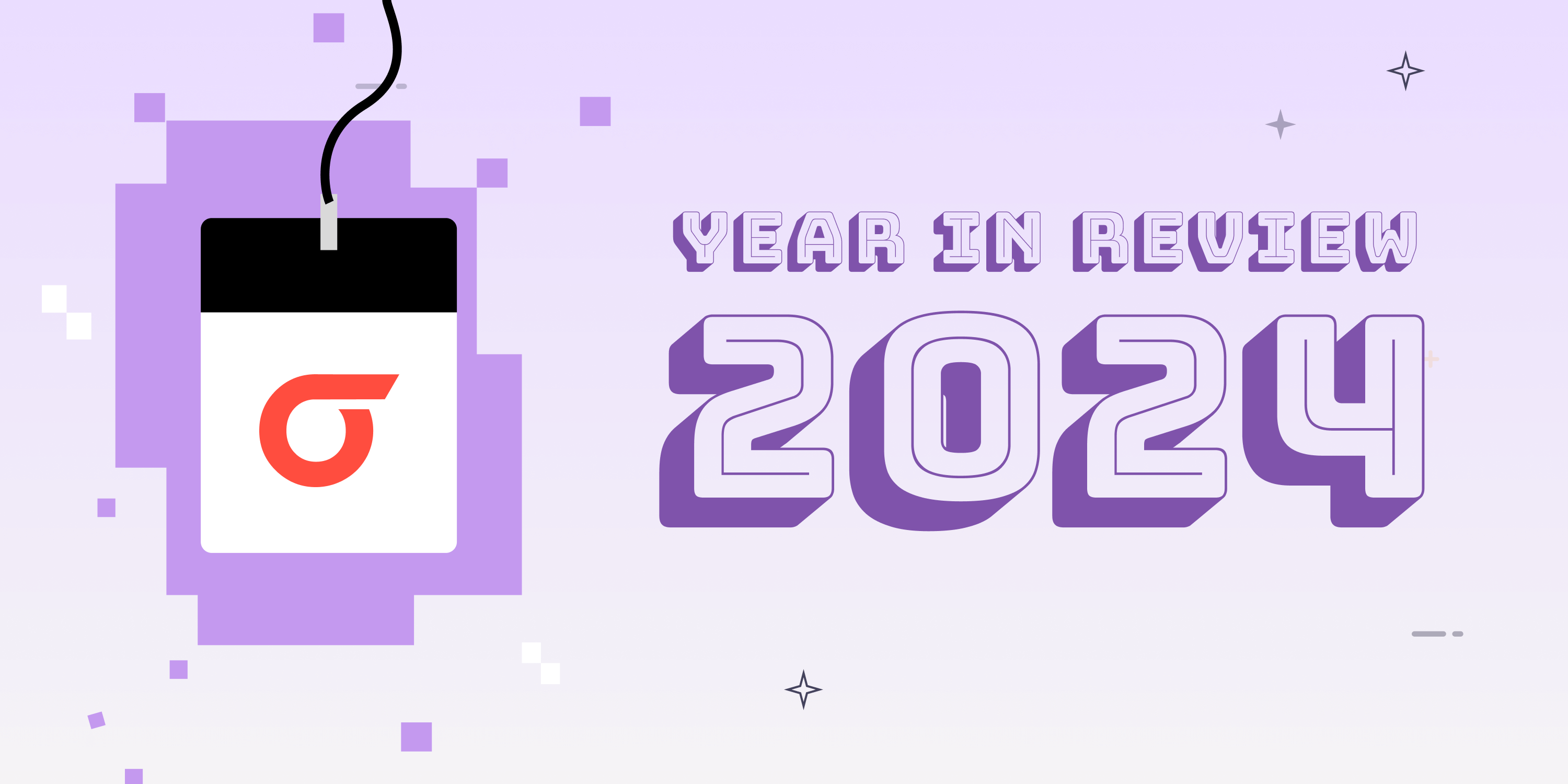STOCKHOLM — Sweden’s fragmented domestic politics were on full display Wednesday as Prime Minister Ulf Kristersson presented his country’s priorities for its looming presidency of the Council of the EU.
Sweden takes over the rotating presidency from the Czech Republic in the New Year and will seek to nudge forward around 350 of the bloc’s files in the six months to July 1 when it will hand over to Spain.
On Wednesday, Kristersson presented Sweden’s priorities to the parliament in Stockholm under four headings — security, resilience, prosperity, and democratic values and the rule of law — and struck an optimistic tone about what could be achieved.
“The Swedish presidency will be an active one, and will offer constructive leadership to deepen the EU’s strengths and find compromises in the European Council,” he said.
But for the country’s opposition parties listening in the chamber, the launch of the presidency was further evidence that Sweden’s government, a minority of three center-right parties with support from the far-right Sweden Democrats (SD), is on the wrong track.
Matilda Ernkrans, a lawmaker with the opposition Social Democrats, said key policy areas including migration, violent crime and the rule of law, had received far too little attention in the presidency program.
“Migration isn’t mentioned at all, gang-related crime gets a one-word mention, and the references to the rule of law look like they’ve been squeezed in,” Ernkrans told POLITICO as she left the session.
Diluted ambitions
During the session, Ernkrans suggested the far-right, EU-skeptic SD, which has consistently downplayed the seriousness of global warming, had the final say over the Swedish presidency agenda and had diluted its ambitions in central areas like climate policy.
Kristersson hit back, suggesting the Social Democrats were “obsessed” with SD. He called for a greater focus on unity and less on domestic squabbling.
“The government’s aim is to ensure the EU can agree so that we can get things done, that is the job of the presidency,” he said. “We don’t go into this with the aim of arguing in the Swedish parliament on individual issues.”
The tetchiness could further feed concerns in Brussels that the new Swedish government could struggle to show the strength it will need to make progress on the demanding list of priorities it has set itself for the first six months of 2023.
Under the heading of “Security” alone, Sweden’s EU presidency will aim to manage the bloc’s response to the war in Ukraine and cross-border international crime. Under “Prosperity” lie huge challenges within energy provision and the move to greener industry.
Outside the parliamentary chamber, new stands had been erected with the word “Welcome” to mark the imminent arrival of the teams of European leaders and functionaries to Sweden, where 150 EU meetings will be hosted.
Some Swedish officials walking the corridors were already wearing EU badges on their lapels.
After the parliamentary session, Kristersson told reporters his government planned to be transparent about its policy positions and aimed to discuss those positions with Sweden’s opposition parties in the hope of securing broad political support.
“But to do that, we need to put the domestic political game to one side for a short time,” he said.





















Discussion about this post